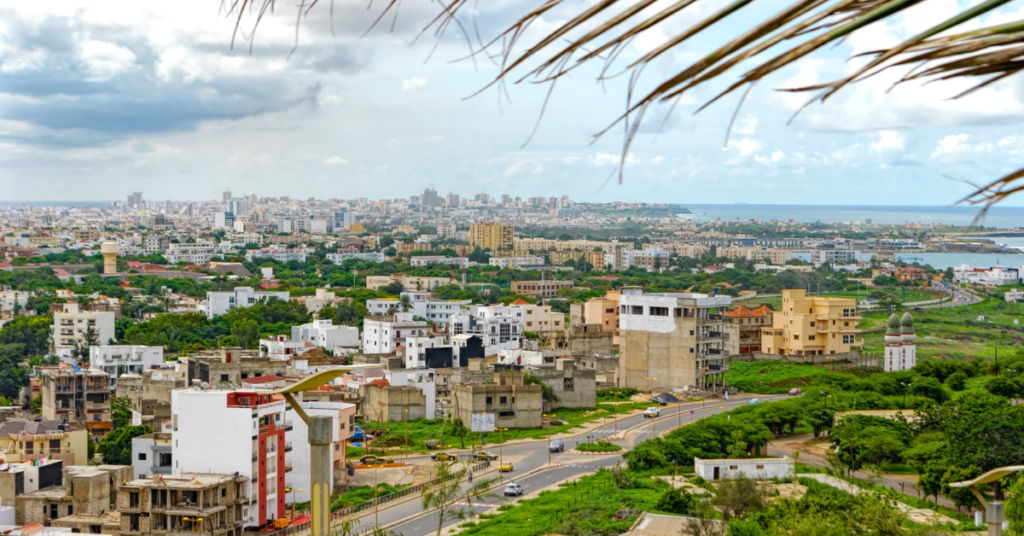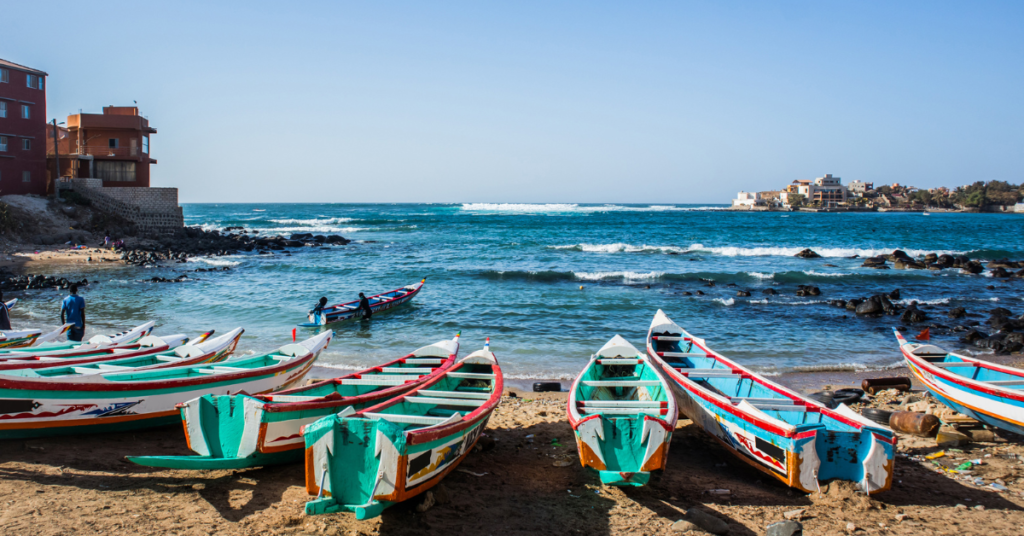Nestled in the heart of Senegal’s semi-arid Sahel region lies Djoudj National Bird Sanctuary, a wetland haven for over 1.5 million migratory birds. A UNESCO World Heritage Site since 1981, Djoudj National Bird Sanctuary is a crucial stopover site for birds traveling between Europe and Sub-Saharan Africa.
Home to rare and endangered species such as the pink-backed pelican and the white-breasted cormorant, Djoudj National Bird Sanctuary is a must-visit destination for birdwatchers and nature enthusiasts alike. In this article, we will explore the reasons why Djoudj National Bird Sanctuary is the best national park in Senegal, from its diverse and abundant birdlife to its unique cultural and historical significance.
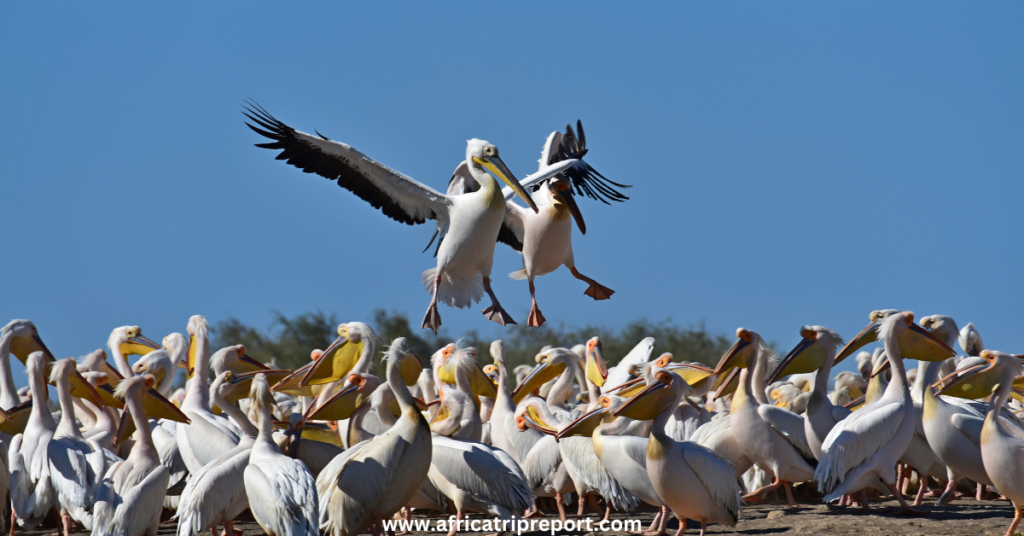
Incredible Birdlife
Djoudj National Bird Sanctuary is a paradise for bird lovers, with over 400 species of birds found in the park. From majestic pelicans and storks to vibrant kingfishers and bee-eaters, visitors can expect to see a stunning variety of birds at the sanctuary.
The park is an important stopover site for migratory birds traveling from Europe to Sub-Saharan Africa and back. Every year, over 1.5 million birds make their way to the sanctuary to rest and refuel before continuing their long journey. As a result, the park plays a crucial role in the conservation of migratory bird species.
The pink-backed pelican and the white-breasted cormorant are two significant bird species that can be found in Djoudj National Bird Sanctuary. Only a few locations in Africa are home to the uncommon and endangered pink-backed pelican. These lovely birds find refuge in the sanctuary, where hundreds of them nest on the islands in the park.
Another frequent sight in the area is the white-breasted cormorant, which can be identified by its characteristic white throat and yellow beak. It is a genuinely amazing experience for visitors to see these and many other bird species in their natural habitat.
Cultural and Historical Significance
The Djoudj National Bird Sanctuary is highly esteemed among the neighboring villages for its cultural and historical significance. The park was established in 1971 and was given the UNESCO classification of World Heritage Site in 1981. Both the sanctuary’s role in protecting migratory bird species and its cultural and historical importance to the local residents contribute to its value.
The park’s role in conservation efforts and sustainable tourism cannot be overstated. The sanctuary is part of the larger Djoudj-Palmarin Complex, which is recognized as a Wetland of International Importance under the Ramsar Convention. The park’s conservation efforts are aimed at protecting the migratory bird species that rely on the park for survival. Additionally, the sanctuary provides economic benefits to the local communities through sustainable tourism.
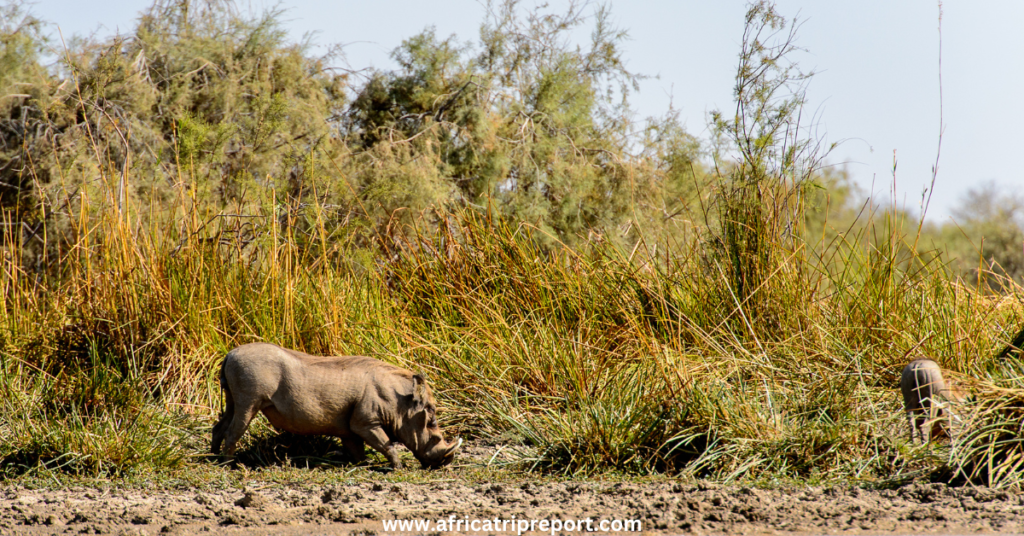
How To Get To The Park
Being only 60 kilometers north of Saint-Louis, a significant transportation center in northern Senegal, makes it reasonably simple to get to Djoudj National Bird Sanctuary.
Driving the rugged terrain to reach this reserve is a challenge, as most of the journey involves navigating dirt tracks that are inaccessible to public transport. For a safe and convenient trip, it is recommended to opt for a guided tour or arrange for a taxi from your accommodation in St. Louis. This way, you can avoid the hassle of navigating the unpaved roads and focus on enjoying the journey to your destination.
TIP: Plan your visit during the peak bird-watching season. The best time to see the park’s incredible birdlife is from November to April, when millions of migratory birds visit the park. During this time, you’ll have the chance to see a diverse range of bird species and witness spectacular bird migrations.
How Much Is The Entrance?
Upon reaching the sanctuary, guests will be asked to pay an entrance fee of 5,000 FCFA (approximately $9) per person. If you’re traveling by vehicle, the fee is 15,000 FCFA, while a river cruise ranges from 4,000 to 200,000 FCFA ($350) per boat depending on its size. You can also hire a guide for around 6,000 FCFA. It’s worth noting that these prices may be subject to changes.
Be aware that the park is only open from November through April, from 7 a.m. until sundown, so you have plenty of time to explore the reserve and take in its natural beauty.
Where Can I Sleep?
There are various accommodation options available near Djoudj National Bird Sanctuary, ranging from budget to luxury lodges and campsites. Here are some of the options with location and prices:
- Campement Villageois NJAGABAAR: It is a very simple property with no amenities or comforts. This is not the place for you if your goal is a luxurious place. The care and friendliness shown to their guests more than makes up for any flaws in the infrastructure or the details. It is spotless, and the cuisine is excellent. People from nearby communities administer the camp, and the money they receive is used to upgrade essential services like the hospital and the school.
- Lampsar Lodge: This location is paradise! It’s close to the river, has wonderful huts, a great host, and tasty meals. One of Senegal’s most unusual locations to stay is like an oasis amid the desert. Prices start in $50 USD.
- Hotel Mermoz: If you wish to stay in luxury while visiting, Hotel Mermoz is a fantastic choice. It is around 60 kilometers from the park and is situated close to Saint-Louis, a charming and historic city. The hotel offers air-conditioned accommodations as well as an outdoor pool and fantastic on-site dining options. The starting price for a single night at the hotel is roughly 65,000 FCFA (approximately $120).

What Can I Do Inside The Reserve?
If you visit the park, you should definitely go on a boat trip, it´s the best way to see as many birds as possible. In addition to boat rides on the river and informative events at the visitor center, visitors can take advantage of guided tours of the park. The park’s amenities and facilities aim to improve visitor experiences while safeguarding the sanctuary’s natural resources.
The park’s main entrance is situated around 60 kilometers north of Saint-Louis and is accessible to visitors. The sanctuary contains a visitor center where visitors may find out more about the refuge’s past and its contribution to bird conservation. Visitors can explore the park on foot or by boat, and guided tours are offered.
Nearby Attractions
There are several nearby attractions to Djoudj National Bird Sanctuary that visitors can explore, including:
- Saint-Louis: The charming historic city of Saint-Louis is located approximately 60 km from the sanctuary and is a UNESCO World Heritage Site. It offers visitors an opportunity to explore colonial-era architecture, bustling markets, and lively music scenes.
- Langue de Barbarie National Park: If you’re interested in exploring more wildlife, Langue de Barbarie National Park is a great option. It’s located south of Djoudj National Bird Sanctuary and boasts an impressive range of wildlife, such as playful monkeys, fascinating hyenas, and over 200 species of birds. A visit to this park is sure to be an unforgettable experience for nature lovers.
Bottom Line
If you’re planning a trip to Senegal, don’t miss out on the chance to visit Djoudj National Bird Sanctuary. This park truly is a hidden gem, offering visitors an unforgettable experience. What’s more, by promoting conservation and sustainable tourism practices, Djoudj National Bird Sanctuary is leading the way in preserving our natural world for future generations. So why not add this amazing park to your travel itinerary and experience its wonders for yourself?
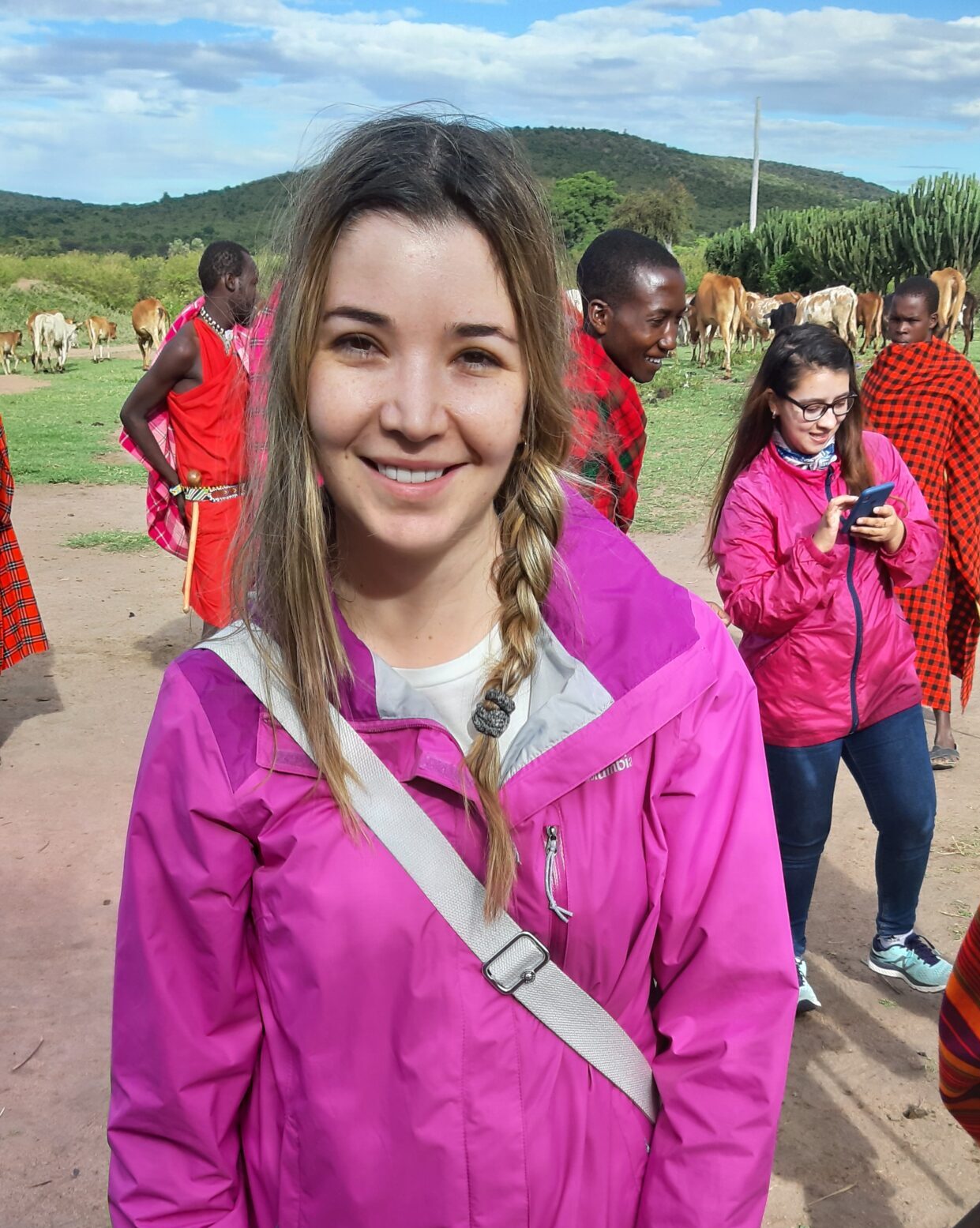
I’m a total Africa enthusiast! I’ve been exploring this amazing continent for years and I can’t get enough of its diverse cultures, stunning landscapes, and incredible wildlife. From hiking through the savannahs to sampling local cuisine, I’m all about immersing myself in everything Africa has to offer. I’m constantly on the lookout for new and exciting experiences, and I love sharing my passion and knowledge with fellow travel lovers. If you’re looking for an adventure like no other, Africa is the place to be, and I’m here to help you make the most of it!




